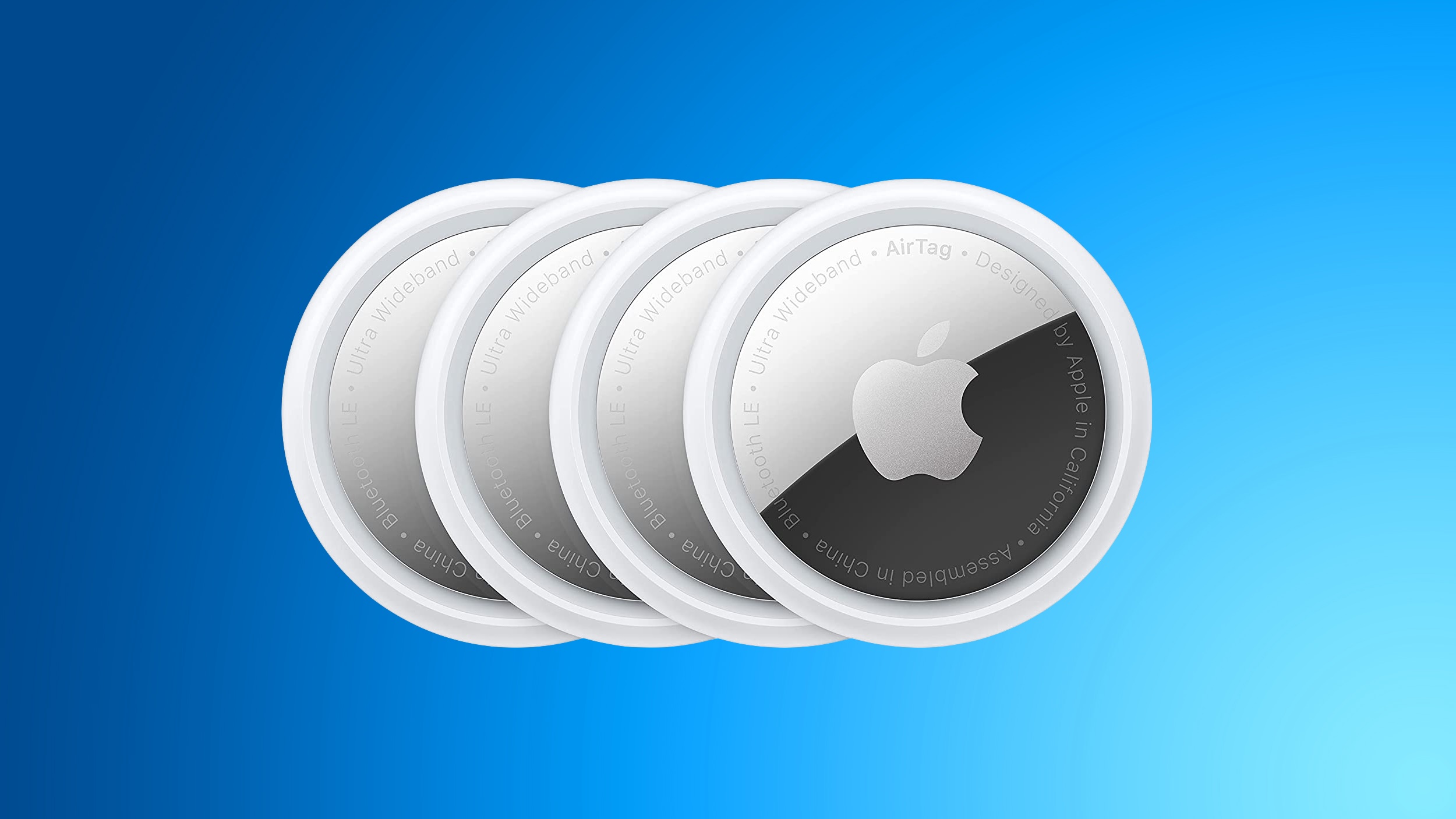|
 In his newsletter over the weekend, Bloomberg's Mark Gurman said Apple was likely to announce at least some but possibly not all of the following products between March 2 and March 4: the iPhone 17e, MacBook Pros, MacBook Airs, updated entry-level iPad and iPad Air models, and a lower-cost MacBook with an iPhone chip. In his newsletter over the weekend, Bloomberg's Mark Gurman said Apple was likely to announce at least some but possibly not all of the following products between March 2 and March 4: the iPhone 17e, MacBook Pros, MacBook Airs, updated entry-level iPad and iPad Air models, and a lower-cost MacBook with an iPhone chip.
|
RELATED ARTICLES | | |
|
 Apple today seeded revised third betas of the upcoming iOS 26.4 and iPadOS 26.4 updates to developers for testing purposes, with the software coming three days after Apple provided the initial beta to developers. Apple has also released a new version of iOS 26.4 and iPadOS 26.4 for public beta testers. Apple today seeded revised third betas of the upcoming iOS 26.4 and iPadOS 26.4 updates to developers for testing purposes, with the software coming three days after Apple provided the initial beta to developers. Apple has also released a new version of iOS 26.4 and iPadOS 26.4 for public beta testers.
|
RELATED ARTICLES | | |
|
 Apple does not advertise RAM amounts in iPhones, but MacRumors has confirmed this information through Apple's developer tool Xcode. Apple does not advertise RAM amounts in iPhones, but MacRumors has confirmed this information through Apple's developer tool Xcode.
|
|
 Apple quietly updated Mac Studio configuration options this week, removing the 512GB memory upgrade. As of yesterday, there is no option to purchase a ?Mac Studio? with 512GB RAM, with the machine now maxing out at 256GB. Apple quietly updated Mac Studio configuration options this week, removing the 512GB memory upgrade. As of yesterday, there is no option to purchase a ?Mac Studio? with 512GB RAM, with the machine now maxing out at 256GB.
|
|
 Apple's first-generation AirTag 4-Pack has dropped to $64.00 this week on Amazon, down from the original price of $99.00. Free shipping options have a delivery estimate around March 10, while Prime members should be able to get it delivered a few days sooner. Apple's first-generation AirTag 4-Pack has dropped to $64.00 this week on Amazon, down from the original price of $99.00. Free shipping options have a delivery estimate around March 10, while Prime members should be able to get it delivered a few days sooner.
|
|
 Apple this week unveiled seven products, ranging from the iPhone 17e to the MacBook Neo, but new Apple TV and HomePod mini models were not among them. Apple this week unveiled seven products, ranging from the iPhone 17e to the MacBook Neo, but new Apple TV and HomePod mini models were not among them.
|
|
 Apple's new MacBook Neo could help the company grow notebook shipments by nearly 8% this year, even as the broader laptop market faces a hefty downturn, according to a new report from TrendForce. Apple's new MacBook Neo could help the company grow notebook shipments by nearly 8% this year, even as the broader laptop market faces a hefty downturn, according to a new report from TrendForce.
|
|
Today the White House announced that several major players in tech and AI have agreed to steps that will keep electricity costs from rising due to data centers. Under this Ratepayer Protection Pledge, companies are agreeing to practices that are intended to protect residents from seeing higher electricity costs as more and more businesses create power-hungry data centers. Amazon, Google, Meta, Microsoft, OpenAI, Oracle and xAI have all apparently signed on. A few of the participants — Amazon, Google and Meta — had conveniently timed press releases patting themselves on the back for their participation and touting whatever other policies they have for mitigating the negative impacts of data center construction.
The main provisions of the federal pledge have tech companies agreeing to "build, bring, or buy the new generation resources and electricity needed to satisfy their new energy demands, paying the full cost of those resources." It also claims they will pay for any needed power infrastructure upgrades and operate under separate rate structures for power that will see payments
|
|
 The MacBook Neo is now Apple's entry-level MacBook, undercutting the MacBook Air by $500. To deliver such a dramatically lower price, the MacBook Neo has a significant number of tradeoffs. Here's everything that's different between the two devices. The MacBook Neo is now Apple's entry-level MacBook, undercutting the MacBook Air by $500. To deliver such a dramatically lower price, the MacBook Neo has a significant number of tradeoffs. Here's everything that's different between the two devices.
|
RELATED ARTICLES | | |
|
 Anthropic is aiming to lure customers from ChatGPT and Gemini with a new memory import tool that's available to free users as of today. Conversations and memories from other AI providers can be imported into Claude, so new users will not need to start from scratch. Anthropic is aiming to lure customers from ChatGPT and Gemini with a new memory import tool that's available to free users as of today. Conversations and memories from other AI providers can be imported into Claude, so new users will not need to start from scratch.
|
|
NEW RESOURCES Columbia University: Complete Obama Presidency Oral History Archive Is Now Available. "Today, just 10 years after President Barack Obama left office, Columbia University's Incite Institute opens the full Obama Presidency […]
|
|
